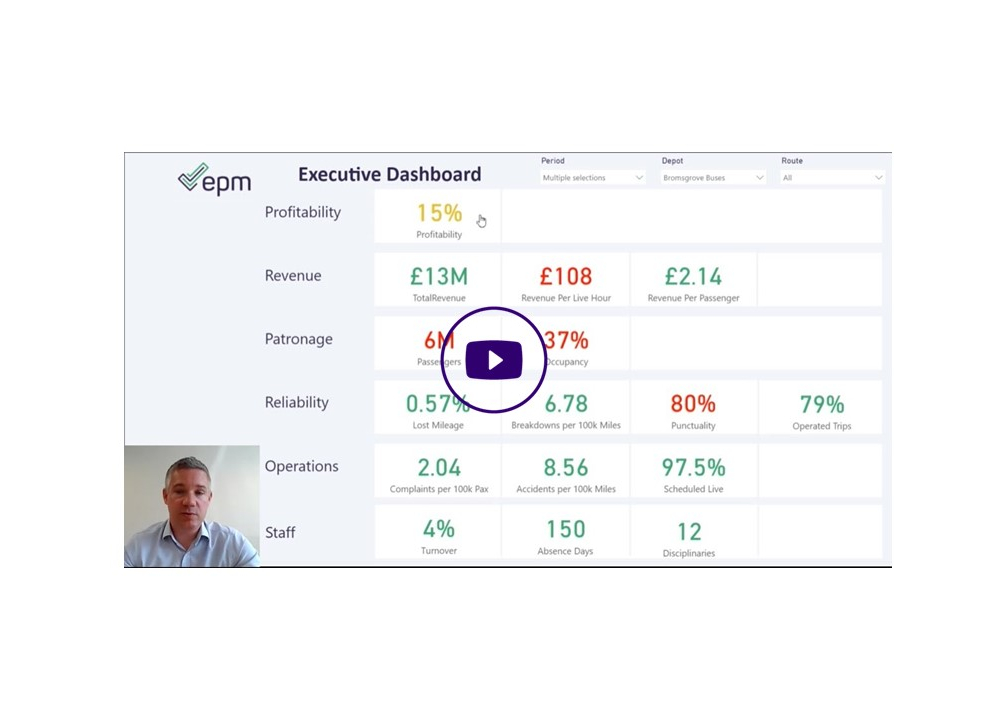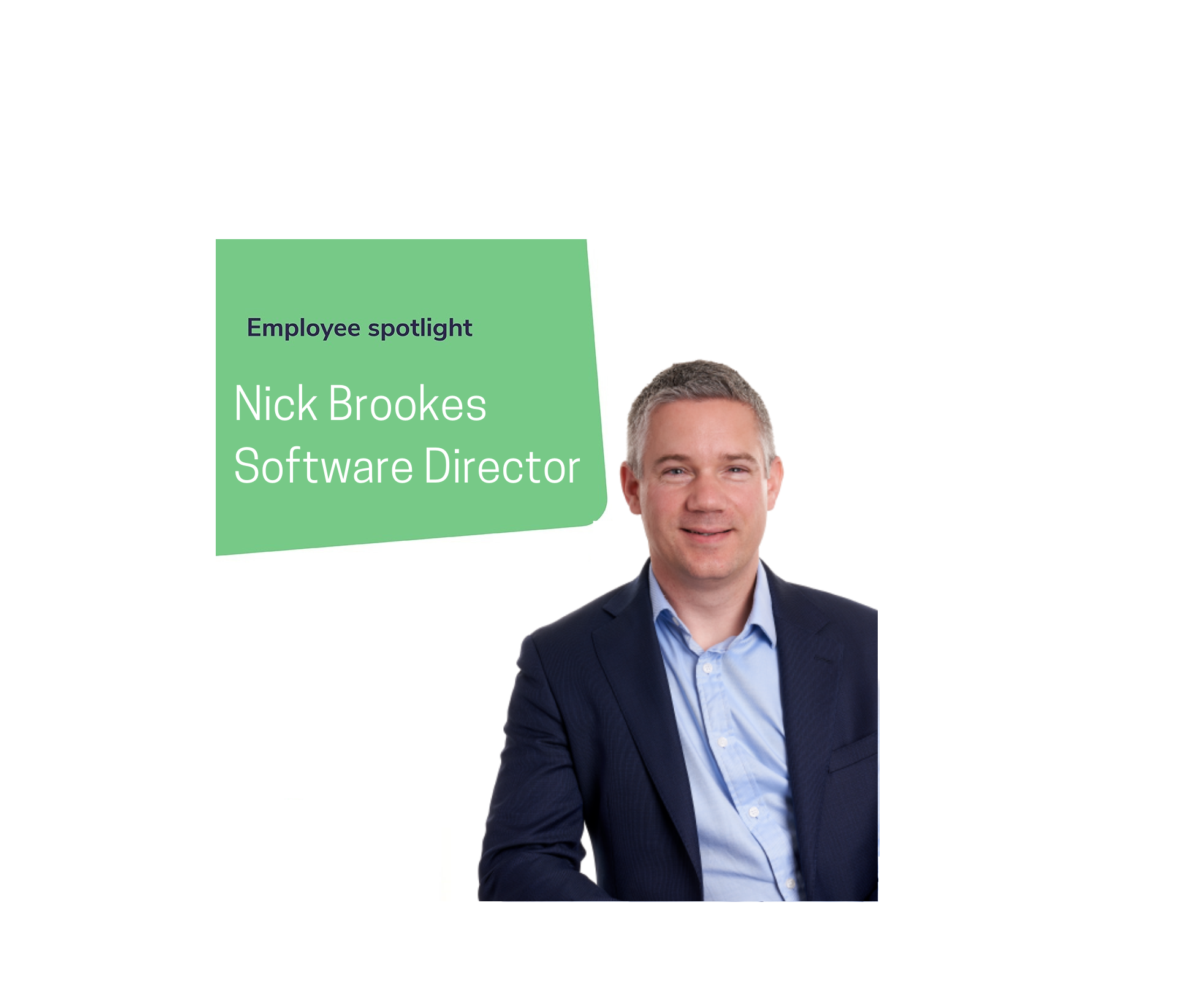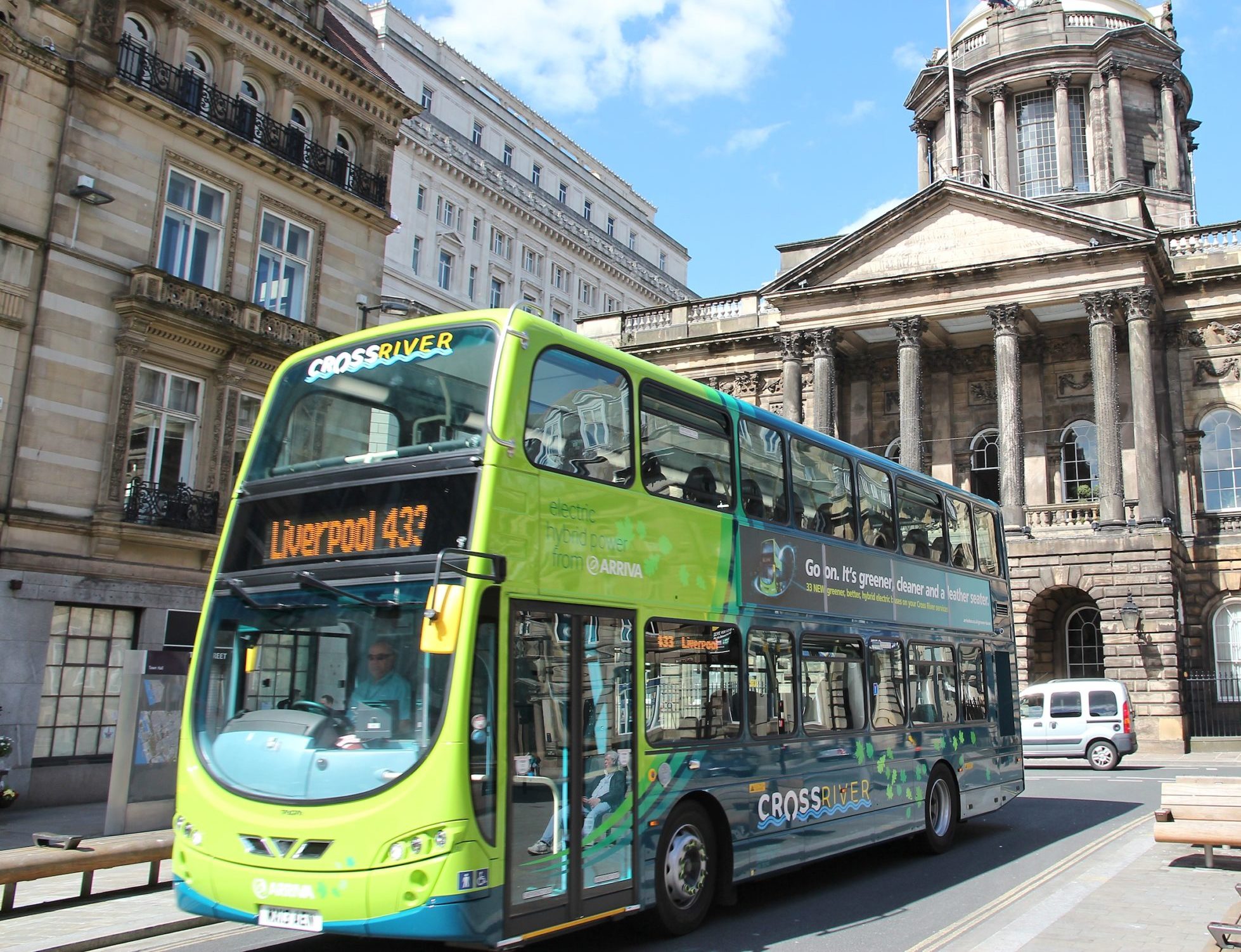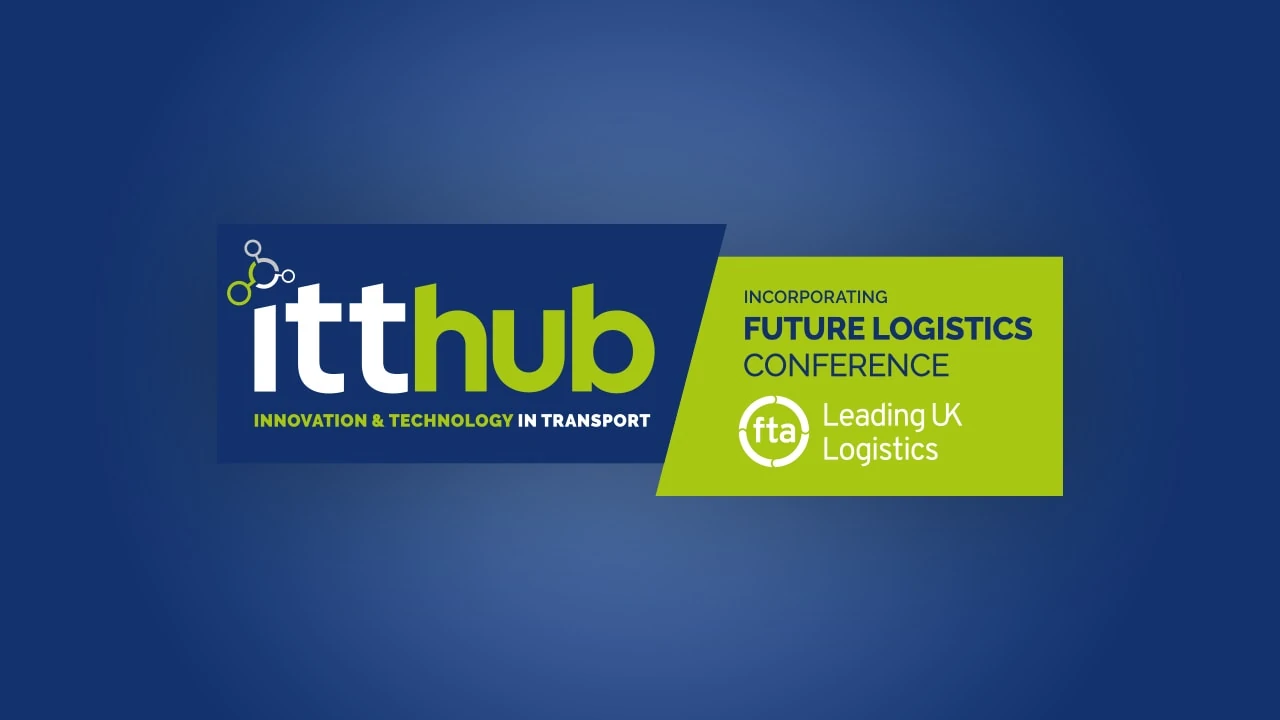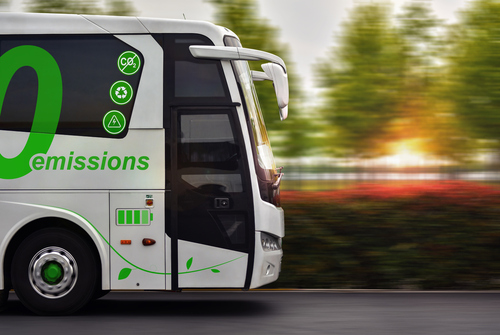
The National Bus Strategy (NBS) sets out a vision to improve bus services with the principal aim of encouraging more people to use buses, which means the traditional approach of network planning is going to change.
Previously operators have driven most of the decision making due to buses being largely run on a commercial basis and have had full control in terms of the services they run, which communities they serve, the frequency of services, and the times of day they operate. Now, Local Transport Authorities (LTAs) will have more control over bus services and there will be a bigger push, not only for commercial services, but also economically necessary funded services to meet the needs of local communities.

LTAs and operators have a responsibility to work more collaboratively in order to provide an integrated and efficient service for customers. The majority of LTAs have opted for Enhanced Partnerships over Franchising; working closely with operators to improve the network instead of having full control over bus services. Partnerships already operate very successfully, with examples in Nottingham, Brighton, and the West Midlands delivering passenger growth and high levels of customer satisfaction.
LTAs are required to set Bus Service Improvement Plans (BSIPs) which they will then closely monitor in order to receive grant funding. The majority of operators in the region must agree to the BSIPs and ensure that they consistently follow the points laid out in the plan to receive BSOG payments.
Utilising data to improve the network
The NBS is encouraging a more open sharing of data between LTAs and operators and insisting that processes become more transparent, which requires a level of trust from both parties. Previously operators will have only had to share data from contracted services, but now the LTAs require data from commercial services: such as patronage, revenue, and customer feedback.
This shared information can be used to inform the structure of the network. For example, an increase in bus lanes and traffic priority measures will speed up journey times, which means fewer buses are needed to run on that particular route, giving them the opportunity to be utilised elsewhere. This can also lead to a reduction in the cost to run the service, which in turn can be passed on to passengers in the form of lower fares. Faster journey times and lower fares will also help to encourage more people to use the bus.
In order to monitor the progress of BSIPs, LTAs need access to data to see whether or not the goals are being achieved and to see if they have made an improvement to service and patronage levels. These results are also required to be published under the funding terms, which means it is important to get accurate figures.
Software solutions can be implemented to monitor route performance to assess how successful a route is, and customer feedback can be collated and tracked to see where issues may have developed and why. Analysis tools can also be utilised to give a complete picture of the network by collating all the data into one system and offering breakdowns of individual areas. Users are able to view information such as patronage trends that are formulated into graphs and charts. This drill down capability provides intuitive interrogation of the data, investigating the root causes of any identified issues.
Coordinating services to streamline the network
A key point of the NBS is to simplify services for customers so that they feel more encouraged to use buses, whether that’s with multi-operator ticketing which enables the customer to use a variety of buses from different operators, or by implementing a more streamlined service.
The NBS encourages operators to work with LTAs to harmonise route numbers to improve the passenger experience. So instead of having two buses that serve different parts of the city but have the same service number, this would then change to two different numbered buses.
LTAs should plan an integrated transport network whereby other modes of transport, such as trains and trams are coordinated with bus services and arrive and depart at a suitable time so passengers can avoid waiting for long periods. Bus timetables should also be coordinated so different operators do not run buses at the same time, which will stop a duplication of effort and cut down on costs.
As well as streamlining the operational side, operator branding can be replaced with route branding to simplify the service. Software solutions can easily merge different operators’ timetables together and create a customised stop display that incorporates the route’s branding, making it easier for customers to know that they are getting on the right bus.
Improving process efficiencies
In many cases, processes between LTAs and operators are not synchronised and require time-consuming and error-prone manual duplication of data entry. Tools are available for mapping, timetabling, and scheduling, that can gather all the information from operators and consolidate this data into a single, combined view of operated routes which LTAs can then use to produce timetables for the whole network. Operators can then use tools that enable rapid scenario modelling to test for ‘what if’ scenarios and find the best way to service that route.
By using integrated software solutions, LTAs can transfer timetables into contract registers and operators can import the information and work out how to make the service more efficient, such as moving journey times to cut down on costs. They can then feed this information back to LTAs and share ideas without losing data integrity.
Historically this data has been exchanged over paper, pdf, email or excel and this format has had to be rekeyed into the operator’s or LTA’s systems, which is very time consuming and can lead to errors. Ideally, planning data should be shared via TransXChange files which should be used as a standard format across LTAs and operators, regardless of the different systems used. This will allow for a more efficient sharing of data as the operator can then import that file straight into their scheduling system.
How EPM Group can help
With over 30 years’ experience in software and consultancy services, EPM Group has a comprehensive knowledge of the bus industry and works with five out of the seven PTEs in the UK as well as a range of local authorities to streamline their organisational processes. Our broad, fully integrated software range covers a multitude of functions from operations through to commercial and engineering. To book a free consultation to see how we can assist with your challenges and requirements, complete the online form or call 01527 556940.
Ready to take your bus network to the next level?
Get in touch to build a tailored solution today


